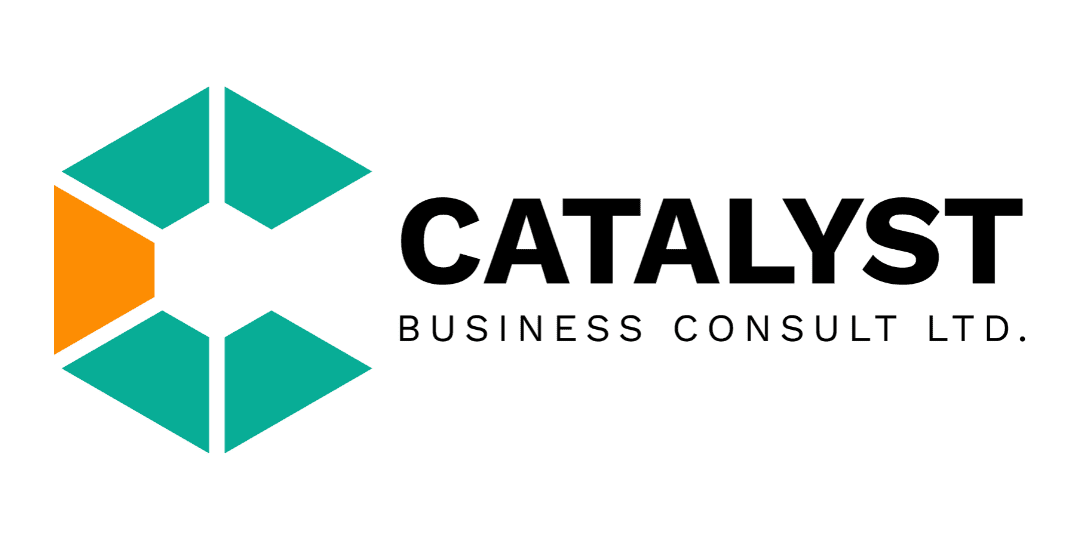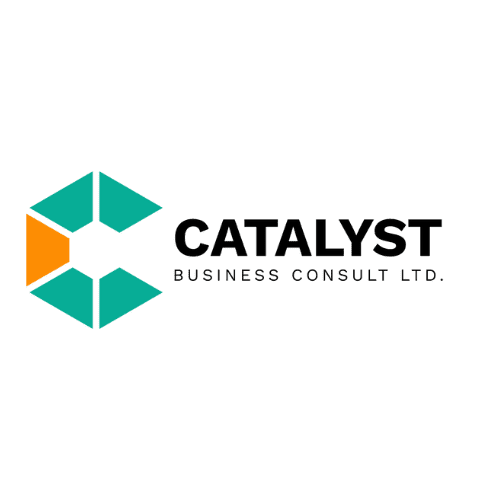Real estate in Nigeria is expanding due to the increasing population and industry growth in the country. However, investing in real estate could be a hassle due to the scarcity of information about the industry and several hidden costs.
We’ve prepared this article if you want to learn about real estate investment as a starter, as well as expand your portfolio in Nigeria.
Here, we discuss seven books about property trading. These books examine the different types of real estate, present the benefits of investing, as well as review and answer common about the ever-growing industry.
Keep reading to find out more:

1. Building Wealth One House at a Time by John Shaub
In this book, real estate expert, John Shaub, explains how to invest, be debt-free, and secure consistent profit. Some of the major points he touched based on are:
- How and when to buy or sell a property
- How to capitalize on opportunities people miss
- Purchasing properties that will yield massive profits
- Bad debt and borrowing safely
John Shaub further explains the “10-10-10 rule,”- an exceptional guide for safe investing and securing profit from real estate for newbies.
2. The Book on Investing In Real Estate with No (and Low) Money Down
Brandon Turner, a savvy real estate investor, reveals the secret of how intelligent investors make significant returns. He discusses 5 effective techniques that can help starters grow their portfolio with no money down. A snippet of the chapters of Brandon’s book is given below.
- How to invest in real estate with zero cash, zero experience
- No-money-down real estate investment – Your mindset and no capital available in your bank account will earn you a fortune in real estate
- Learn how to leverage private money (lenders, partners, friends): learn how to attract the rich guys
- Techniques for rentals, wholesaling, and flipping properties
- The drawback of each investment method is discussed in the book and ways of overcoming them
3. Rich Dad Poor Dad by Robert Kiyosaki
The ‘Rich dad poor dad’ book by Robert Kiyosaki has been a century’s bestseller and the reasons behind this aren’t farfetched. The author and serial entrepreneur kept it super simple as he explained the nitty-gritty of making money in the real estate market. The book contains the basics of real estate investment, and at the same time offers vital financial information.
Some important concepts which were covered in this book are:
- Differences between an asset and a liability
- The myth that a house is an asset
- The wrong popular belief that a high income is needed to create wealth
Rich dad poor dad by Kiyosaki also ranks as one of the best books in personal finance.
4. The Entrepreneur Mind by Kelvin Johnson
Many beginners think of property trading as the buying and selling of properties without giving any thought to managing them. Real estate is a business and learning to oversee it is a step to building a successful empire. Here are some views covered by the book.
- Ideas: Ideas can only have an impact when executed
- Attributes of an entrepreneur like creativity and perseverance
- How to be capable by utilizing effort and direction
- 100 vital traits of successful entrepreneurs
5. Set for Life by Scott Trench
Scott Trench is the CEO of “BiggerPockets” – a company that provides wealth-building opportunities to people through property trading. In his book, Set for Life, he explains how individuals can gain financial independence by following these simple steps below:
- Be economical and save about 50% of your income
- Multiply your income within 3-5 years
- Be disciplined – cultivate effective habits that transform your lifestyle
- Avoid liabilities or “fake” assets and only invest in real ones
- Obtain financial freedom by recording your progress and investing wisely
6. What Every Real Estate Investor Needs to Know by Frank Gallinelli
Real estate can come with complex cash flow calculations. Frank Gallinelli resolves these problems in his book with clear-cut techniques. Frank discussed the following.
- Discounted cash flow
- Return in equity
- Capitalization rate
- Net operating income
- Profitability index
Gallinelli also reveals a handy tool – an excel spreadsheet, for anyone in the industry. It comes with downloadable forms, which are needed when working with an attorney.
7. The Book on Flipping Houses by J. Scott
Flipping houses is one of the quickest ways to make money in property sales. In detail, it involves getting a good bargain on a partially/fully developed building, possibly improving it, and selling it for a profit.
J. Scott is an expert flipper. He uses his practical knowledge and lays out a simple guide to flipping houses in his book. There, you’ll learn how to:
- Develop and implement seven effective financial strategies
- Determine the profitability of a deal
- Identify properties that are worth your investment
- Research good locations to establish your flipping business
- Develop a plan, scope, budget, and schedule for generating profit
- Hire contractors to maintain your fixed properties
- Flip fixed houses quickly
Some benefits of investing in real estate in Nigeria
- Here are some common opportunities you can enjoy and exploit if you decide to go into real estate investment.
Properties tend to increase in value over time. Investors can also rake in profits from rents which also go up over the years. - Investors pay little or no tax on rental properties. Typically, governments give tax breaks on repairs, property devaluation, and insurance.
- It can serve as an excellent edge against inflation. There’s usually a corresponding increase in rent if the price of commodities and cost of living increase.
- The industry has a low reaction in some market environments compared to other asset classes. Investors seeking to reduce investment risk may diversify their portfolios by investing in real estate.
- It serves as a good source of income and long-term wealth creation.


0 comments
Madu oliver
26 January 2023 at 11:40
Can I have more of this information on my email, I found everything interesting
Baffa sule
27 January 2024 at 14:21
A nice one